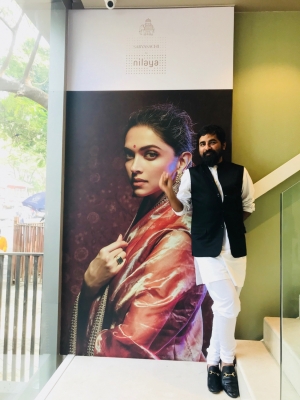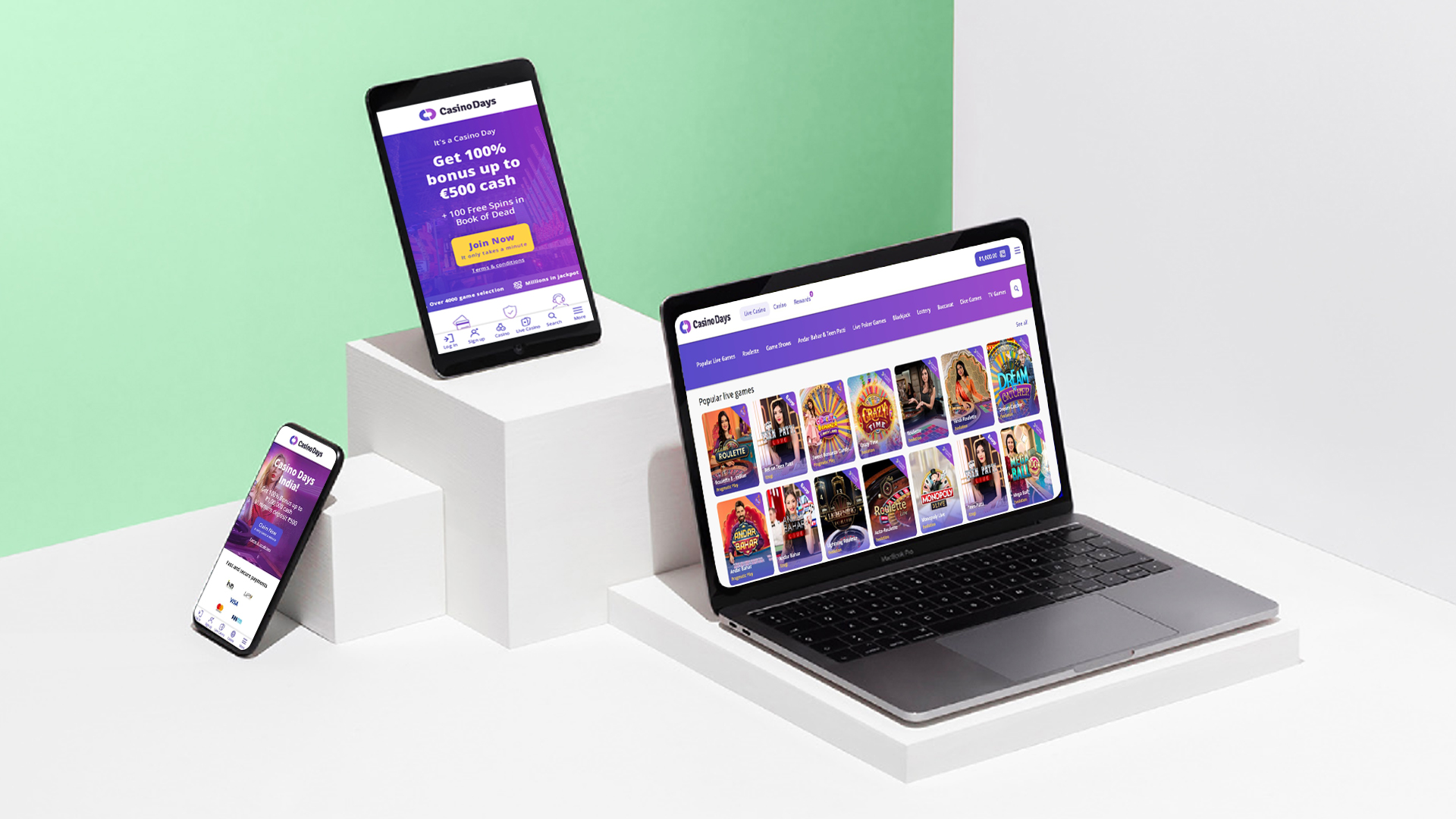Entertainment
Sorry I used the word ‘shame’: Sabyasachi on sari comment

New Delhi, Feb 14 (IANS) Fashion designer Sabyasachi Mukherjee on Wednesday penned an open letter to apologise for using the word “shame” for Indian women who don’t know how to wear a sari, but said he is not apologetic about his intent.
At the Harvard India Conference last week, the Kolkata-based designer was asked about the reluctance among young Indian women to wear a sari.
He said: “I think, if you tell me that you do not know how to wear a sari, I would say shame on you. It’s a part of your culture, (you) need to stand up for it.”
This drew a lot of flak for the designer, who on Wednesday posted an Instagram letter to clarify his stance.
“Allow me to sincerely apologise for the words that I used while answering impromptu questions at a conference at Harvard. I am sorry that I used the word ‘shame’ in reference to some women’s inability to wear a sari. I truly regret that the way in which I tried to make a point about the sari enabled it to be interpreted as misogynistic, patriarchal, and non-inclusive – this was certainly not my intention,” Mukherjee said.
He further provided a context to his words.
“A woman had asked me to comment on the cultural taboo of young women wearing saris because, as she said, society tells them that it ‘makes them look older. What is your suggestion’, she asked, ‘for those young generations, to break that taboo and embrace the sari…'”
Mukherjee said it’s a question he fields often.
“The ubiquity of such sentiments in our culture, evidenced by the fact that this question was posed to me at Harvard, of all places, was hard-hitting and triggered an unfortunate series of reactions on my part. Sometimes, when you are that invested in your craft, you become hypersensitive to the negativity surrounding that which you love.”
Having worked with the sari for 16 years, he said he had “pent-up frustration” accrued for that segment of society which “constantly expresses disdain for this piece of Indian heritage”.
“It is this frustration that I unfortunately generalized to Indian women in response to the question, when I now see that I should have framed it as a call to stop shaming the sari and whomever chooses to wear it. I am passionate about textiles and our heritage, and I am sorry that in the heat of that moment, I allowed this passion to be misplaced,” he added.
Mukherjee also said “many women, young and old, are scared to have an outing in a sari because it is shrouded in so many layers of taboo and controversy, often citing inability to correctly drape a sari as an exit point”.
“I once again apologise for the distress caused by the words I used, but not for the intent, which often takes a back seat when slammed by controversy. My intent was to call out those women who proudly proclaim that they don’t wear saris and simultaneously shame others who wear saris by saying it makes them look older, backward, or culturally repressed.”
–IANS
rb/bg
Entertainment
Casino Days Reveal Internal Data on Most Popular Smartphones

International online casino Casino Days has published a report sharing their internal data on what types and brands of devices are used to play on the platform by users from the South Asian region.
Such aggregate data analyses allow the operator to optimise their website for the brands and models of devices people are actually using.
The insights gained through the research also help Casino Days tailor their services based on the better understanding of their clients and their needs.
Desktops and Tablets Lose the Battle vs Mobile
The primary data samples analysed by Casino Days reveal that mobile connections dominate the market in South Asia and are responsible for a whopping 96.6% of gaming sessions, while computers and tablets have negligible shares of 2.9% and 0.5% respectively.
The authors of the study point out that historically, playing online casino was exclusively done on computers, and attribute thе major shift to mobile that has unfolded over time to the wide spread of cheaper smartphones and mobile data plans in South Asia.
“Some of the reasons behind this massive difference in device type are affordability, technical advantages, as well as cheaper and more obtainable internet plans for mobiles than those for computers,” the researchers comment.
Xiaomi and Vivo Outperform Samsung, Apple Way Down in Rankings
Chinese brands Xiaomi and Vivo were used by 21.9% and 20.79% of Casino Days players from South Asia respectively, and together with the positioned in third place with a 18.1% share South Korean brand Samsung dominate the market among real money gamers in the region.
Cupertino, California-based Apple is way down in seventh with a user share of just 2.29%, overshadowed by Chinese brands Realme (11.43%), OPPO (11.23%), and OnePlus (4.07%).
Huawei is at the very bottom of the chart with a tiny share just below the single percent mark, trailing behind mobile devices by Motorola, Google, and Infinix.
The data on actual phone usage provided by Casino Days, even though limited to the gaming parts of the population of South Asia, paints a different picture from global statistics on smartphone shipments by vendors.
Apple and Samsung have been sharing the worldwide lead for over a decade, while current regional leader Xiaomi secured their third position globally just a couple of years ago.
Striking Android Dominance among South Asian Real Money Gaming Communities
The shifted market share patterns of the world’s top smartphone brands in South Asia observed by the Casino Days research paper reveal a striking dominance of Android devices at the expense of iOS-powered phones.
On the global level, Android enjoys a comfortable lead with a sizable 68.79% share which grows to nearly 79% when we look at the whole continent of Asia. The data on South Asian real money gaming communities suggests that Android’s dominance grows even higher and is north of the 90% mark.
Among the major factors behind these figures, the authors of the study point to the relative affordability of and greater availability of Android devices in the region, especially when manufactured locally in countries like India and Vietnam.
“And, with influencers and tech reviews putting emphasis on Android devices, the choice of mobile phone brand and OS becomes easy; Android has a much wider range of products and caters to the Asian online casino market in ways that Apple can’t due to technical limitations,” the researchers add.
The far better integration achieved by Google Pay compared to its counterpart Apple Pay has also played a crucial role in shaping the existing smartphone market trends.
Content provided by Adverloom













